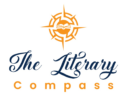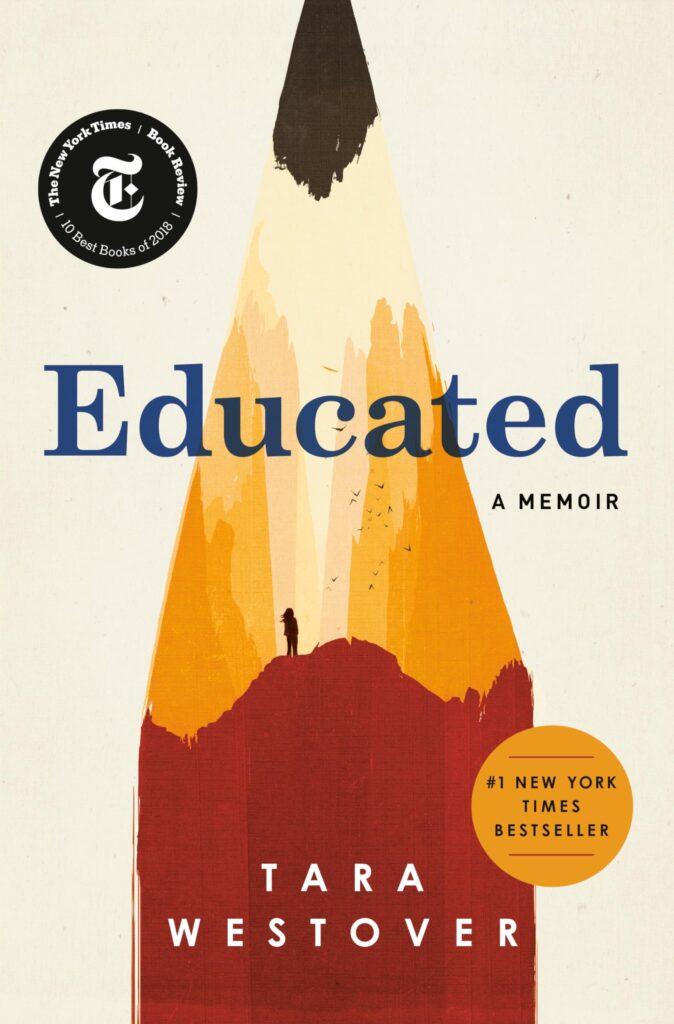Tara Westover’s Educated is not just a memoir; it’s a reckoning. Imagine peeling back the layers of a life so tethered to isolation that even the concept of formal education feels foreign — almost criminal. That’s the canvas Westover paints with unflinching honesty, vivid storytelling, and a generous dash of grit. Buckle up, because this isn’t a mere book summary; it’s an unapologetic plunge into the paradoxes of survivalism, family loyalty, and the mind-bending power of education to rewire everything you thought you knew.
Table of Contents
A Life Shaped by Survivalism and Isolation
Let’s trade our well-lit suburban book clubs for rural Idaho — no internet, no doctors, and a survivalist family whose life motto might as well be “Trust no one but us.” Tara Westover grew up in the shadow of a towering mountain and an even more towering patriarch, her father. Theirs wasn’t your average off-the-grid setup. This was survivalism cranked to eleven, wrapped in strict Mormon beliefs and tied up with a bow of generational distrust toward government institutions. No schools. No hospitals. Just a toolbox of skepticism and a whole lot of homemade herbal remedies.
Defying Conventional Norms
Her father wasn’t just suspicious of societal institutions; he viewed them as outright enemies. Schools? Government indoctrination centers. Hospitals? Prisons in disguise. Tara’s family rejected the mundane conveniences most of us can’t live without — public education and professional healthcare included. This so-called “freedom” wasn’t freedom at all but an iron grip of control, where obedience to her father’s worldview came above everything.
The family’s fierce mistrust of outsiders carved an identity so isolated it bordered on otherworldly. Tara wasn’t just homeschooled — she wasn’t schooled at all. Her childhood “curriculum” consisted of yard work, salvaging scrap metal, and internalizing her father’s paranoia. Throughout this formative period, Tara’s reality was curated, censored, and inescapable — a dangerous cocktail that left her teetering on the edge of the world but with no tools to jump.
Growing Up in a Paranoid Environment
Remember the term “hostile work environment”? Picture that, but as a family business involving heavy machinery, little safety equipment, and lots of God-fearing justification for reckless decisions. Injuries were treated at home — if treated at all — while trauma became a recurring houseguest nobody dared call out by name. These early experiences left scars, both physical and emotional, etching themselves into Tara’s psyche.
The family dynamics? Oh, they were complicated (because of course they were). Abuse went unchecked, and while love existed, it was often conditional, tangled in the web of fear and loyalty. Tara’s early years were a symphony of mixed messages: God loves you, but don’t question your father. You’re safe here, as long as you don’t ask for too much.
Tara’s Education: From Isolation to Academia
Here’s where the story turns. Picture a girl who never set foot in a school managing to claw her way not just into college, but all the way to Cambridge University. Sounds implausible, right? Tara’s ascent into academia was nothing short of Herculean — equal parts self-determination, serendipity, and sheer stubbornness.
The Challenges of Entering Formal Education
When Tara first set foot in a classroom, it might as well have been the moon. She didn’t know basic historical facts — like the Holocaust existed — and her upbringing didn’t prepare her for even the most rudimentary societal norms. Every quiz, every lecture, every casual social interaction felt like a crash course in “How to Be a Functional Member of Society.” And yet, against the odds, she managed.
Tara’s early academic life was a minefield of self-doubt and insecurity, but she trudged forward, powered by an insatiable hunger for knowledge. Let’s not sugarcoat it though — the transition from isolation to academia wasn’t just hard; it was punishing.
Support and Resilience
Tara didn’t do this alone. Her story wouldn’t exist without the kindness of mentors, professors, and her own unrelenting determination. Have you ever had someone believe in you so fully it made you ask, “What if they’re right about me?” That’s the kind of support Tara found in the academic world. It shored up her courage and helped her start to untangle fact from fiction in her own history.
Family Loyalty and Personal Growth
Where things get messy — and I mean messier than salvaging scrap metal under a winter sun — is in Tara’s attempt to balance personal growth against family loyalty. Education gave her the tools to understand her past, but it also forced her to face the weight of it.
Breaking Free from Restrictive Dynamics
Tara’s growth was a double-edged sword. As she expanded her horizons, her family’s approval shrank. To be educated was to betray them, contradicting everything she’d been taught about the sanctity of their worldview. But here’s the kicker: Tara couldn’t unknow what she’d learned. Her education was the key to freedom, even if it came at the cost of severing ties with those she loved most.
Navigating Family Conflicts and Abuse
Choosing herself meant confronting the abuse she endured, both physical and psychological. It meant acknowledging the ways her family’s control had perpetrated harm, despite their unconditional insistence that it was all “for her own good.” These revelations didn’t just create rifts; they detonated them. The fallout was excruciating, forcing Tara to choose between staying loyal to her family or remaining true to the self she’d fought so hard to build.
Themes of Resilience and Self-Discovery
Tara’s story is about more than survival — it’s about transformation. It’s about recalibrating the compass of your existence when everything you’ve ever known turns out to be a house of cards.
Reconnecting with Identity
Education wasn’t just a doorway for Tara; it was a mirror. It forced her to reconcile her identities as a daughter, sibling, student, and survivor. As she pieced together her fractured sense of self, she learned to challenge everything she’d grown up believing — from the nature of love to the role of authority.
The Transformative Power of Perspective
At its core, Educated is about perspective. Tara’s memoir challenges you to think about memory and truth — how they collide, overlap, and evolve. Her story doesn’t traffic in neat endings or easy lessons; instead, it offers a raw, unflinching look at what it means to outgrow the life you were born into.
Conclusion
Tara Westover’s Educated is a testament to the transformative power of education, not just as a tool for learning but as a weapon for liberation and self-discovery. It’s a reminder that growth often means breaking — breaking habits, breaking cycles, and, hardest of all, breaking ties. But from this wreckage emerges something stunning: a life redefined, repurposed, and rewritten in full view of the world. If you haven’t read it yet, start now — it’s that good.
For readers interested in a deeper dive into the themes and complexity of Tara Westover’s memoir, I recommend checking out SparkNotes’ analysis of Educated’s themes or this comprehensive summary on LitCharts. These resources expand beautifully on the nuances and insights that make Educated such a standout read.

